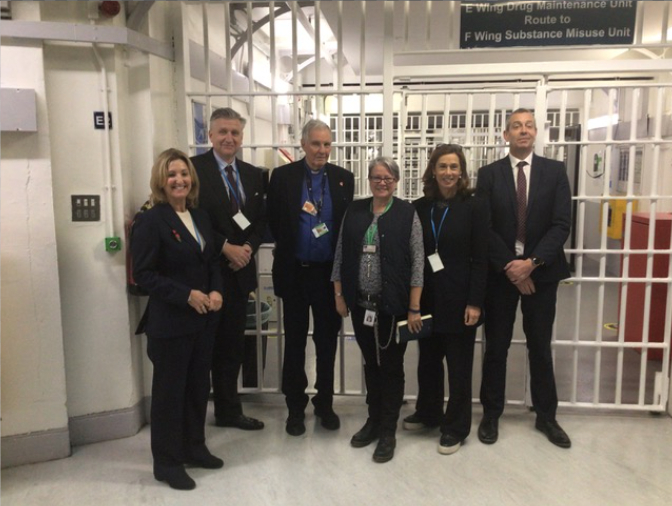
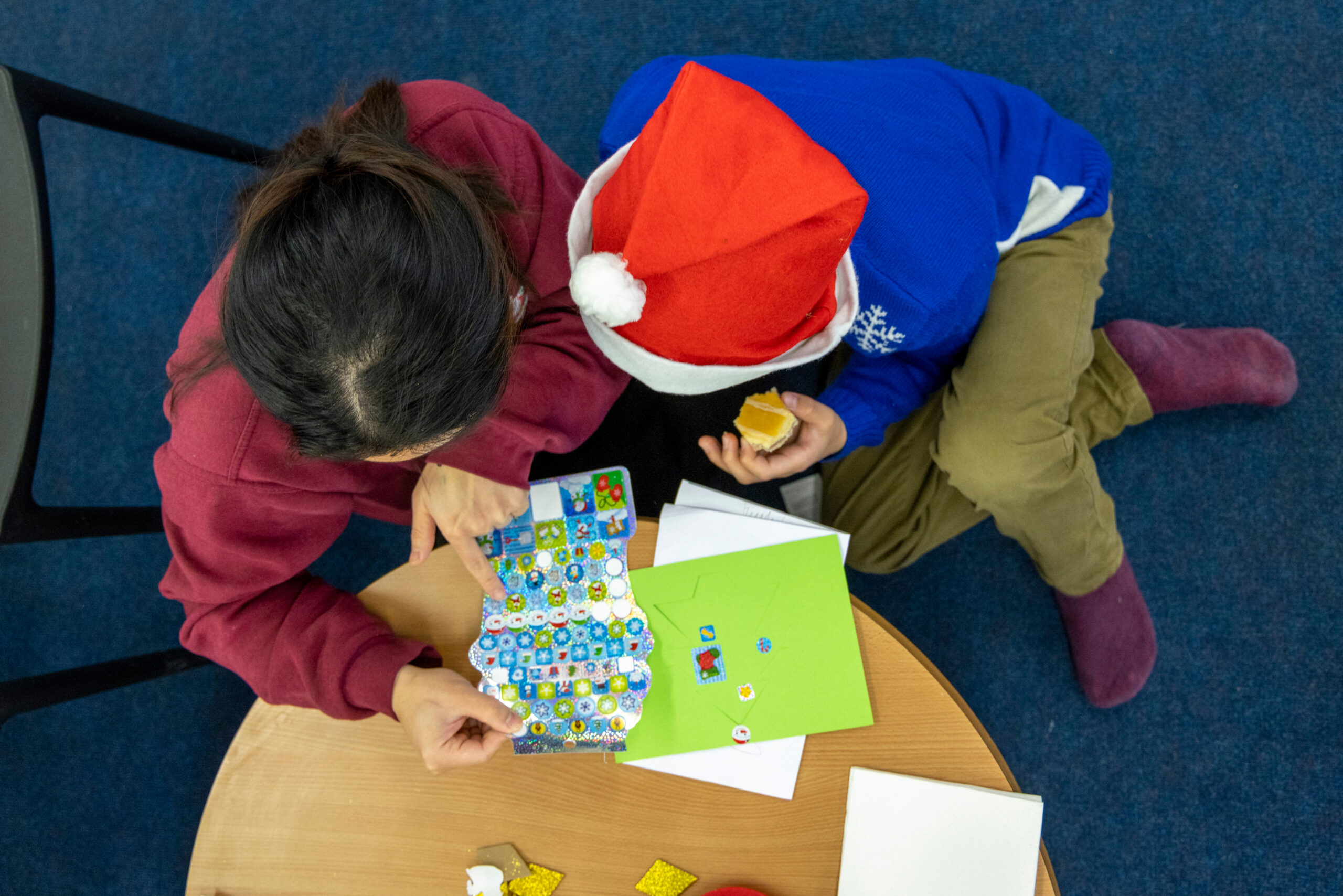
Typical Grants To Individuals
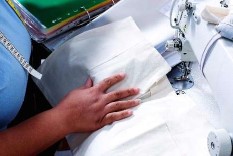
£300 bought a sewing machine for a prison leaver who had attended the Making For Change programme before release

£200 enabled a prison leaver to buy clothes suitable for a job interview

£500 bought the equipment for a man to set up in business as a window cleaner

£250 provided bunk beds for a prison leaver’s children
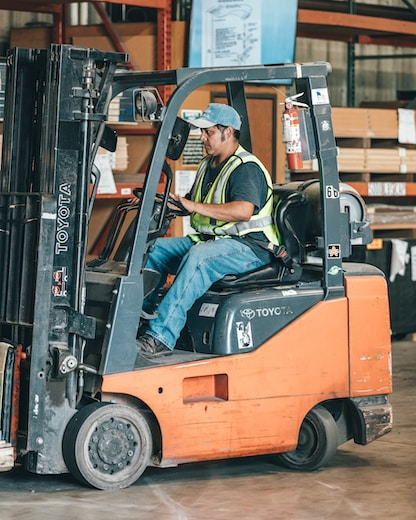
£450 paid for a fork-lift truck driving course

£1,000 enabled a prison leaver to take a course in IT skills

£250 bought a washing machine for a prisoner’s wife who had been doing the washing for her four children in the bath
Testimonials
A New Beginning
“G”, a typical beneficiary, spoke at an AGM of the Fund, a courageous act since the meeting was held in Court No 1 of the Old Bailey. He started:

“Until two years ago, I was on the way to getting a custodial sentence. For a few years I was caught up with a number of offences, including drunk and disorderly conduct and affray. I started drinking, which lessened my self-respect and left me at rock bottom.
However, I managed to get help from the Community Outreach Team. This was my turning point, and they helped me to manage my drinking. I have been involved with the Probation Service for two years and have received excellent help and guidance. When my probation order was reaching a year I was told I could get help from the Sheriffs’ & Recorder’s Fund to help me set up my window-cleaning business. They helped me obtain the equipment I needed and I am pleased to say that things are going well.
I now feel much more structured, with a sense of purpose to my life. I now see my young son on a regular basis. All this came from the funding received from the Fund and I hope they continue to provide benefit for others.”
Rehabilitation Projects
Increasingly, the Fund is collaborating with other prison focused charities to support programmes in prisons that help prepare individuals for release. These Rehabilitation Projects have a particular focus on education and training to enhance the employment prospects of prison leavers.
“L”, was a prisoner-producer for National Prison Radio at HMP Brixton and is now, following his release, a trainee producer on the Prison Radio Association’s Talent Development Programme:
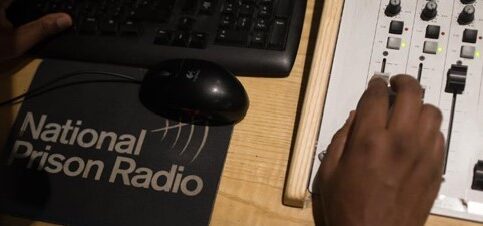
“Working for the PRA on release has helped me a lot by being able to earn some money whilst going back to complete my education. PRA gave me something to focus on when I came out of prison. Often you come out and don’t know where to start and you get back into doing the wrong things.”
“M”, was a student on the London College of Fashions “Making For Change” project at HMP Downview:
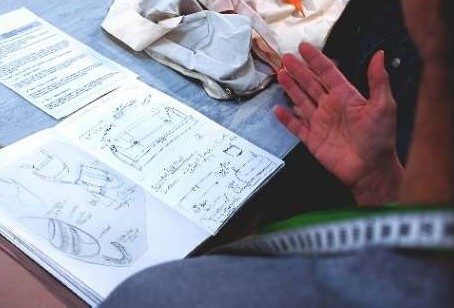
“I came to Making for Change to learn something I’ve never learnt before and to make my children proud. This workshop has given me good prospects for the future. I hope to keep on sewing and designing and to have my own lingerie and dressing gown line.”
From the Chess in Prisons participants at HMP Wormwood Scrubs:
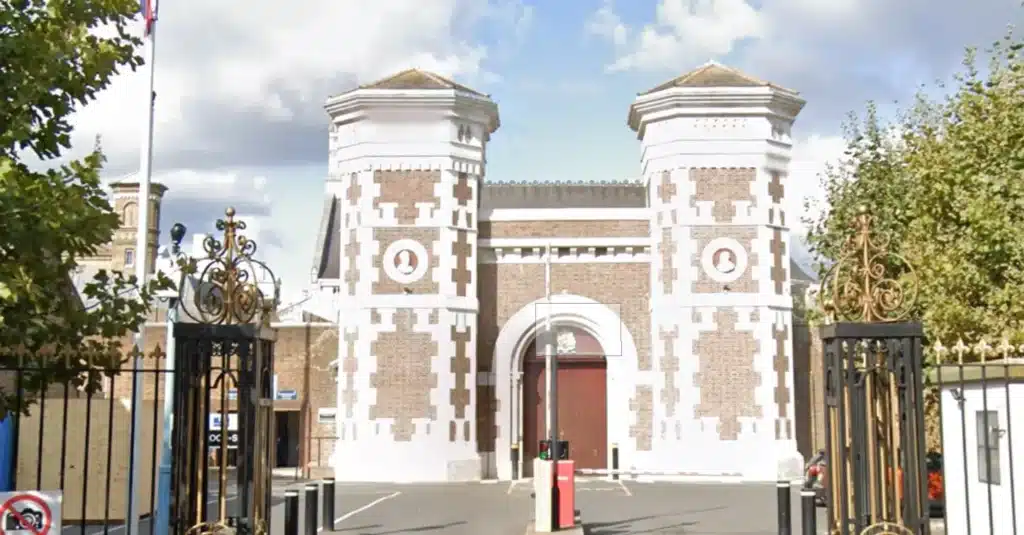
“We would like to extend our warm wishes, gratitude and heartfelt thanks to the Sheriffs’ & Recorder’s Fund. We really appreciate the thought and generous donation towards Chess in Prisons. This activity has given us something positive to channel our energy and minds towards. Chess has opened up a whole new world to many of us, developing our horizons and working towards a better future.
Scrubs E Wing”


